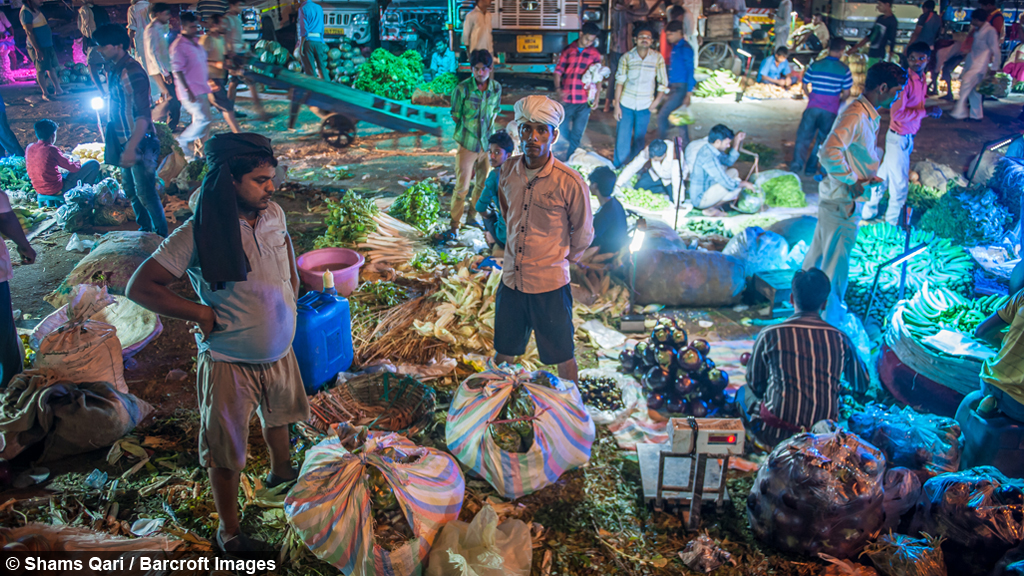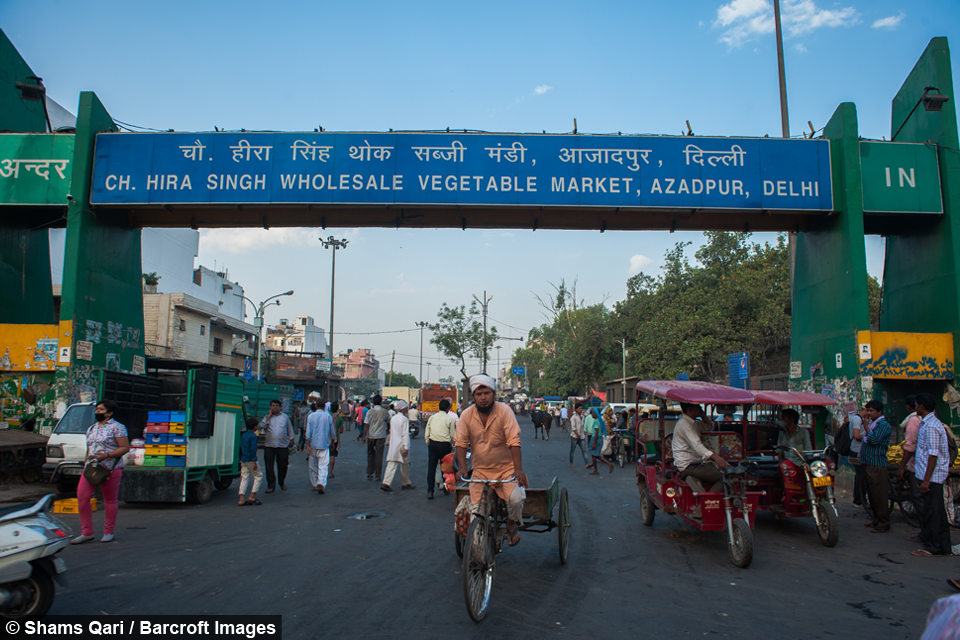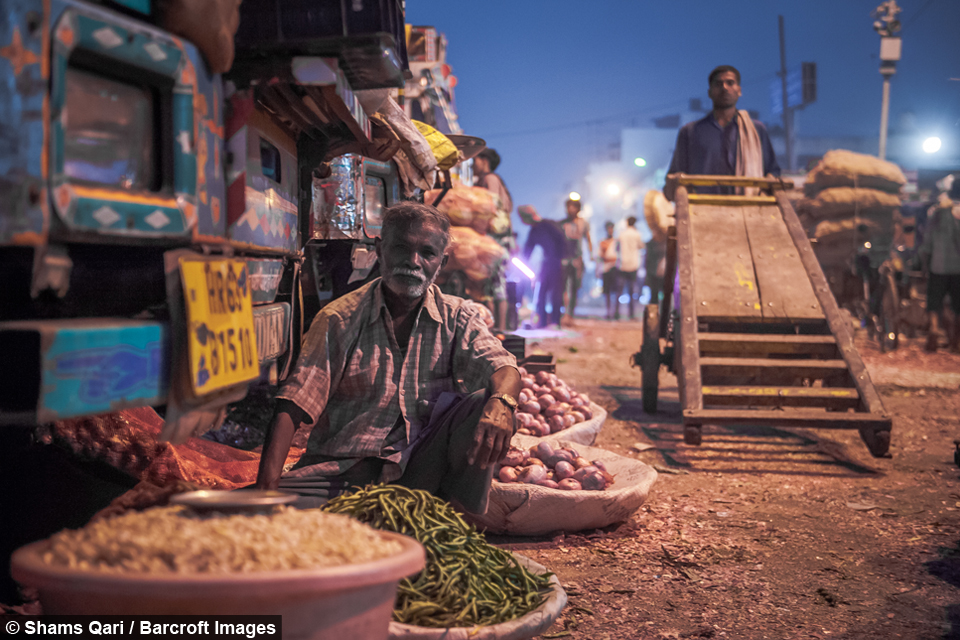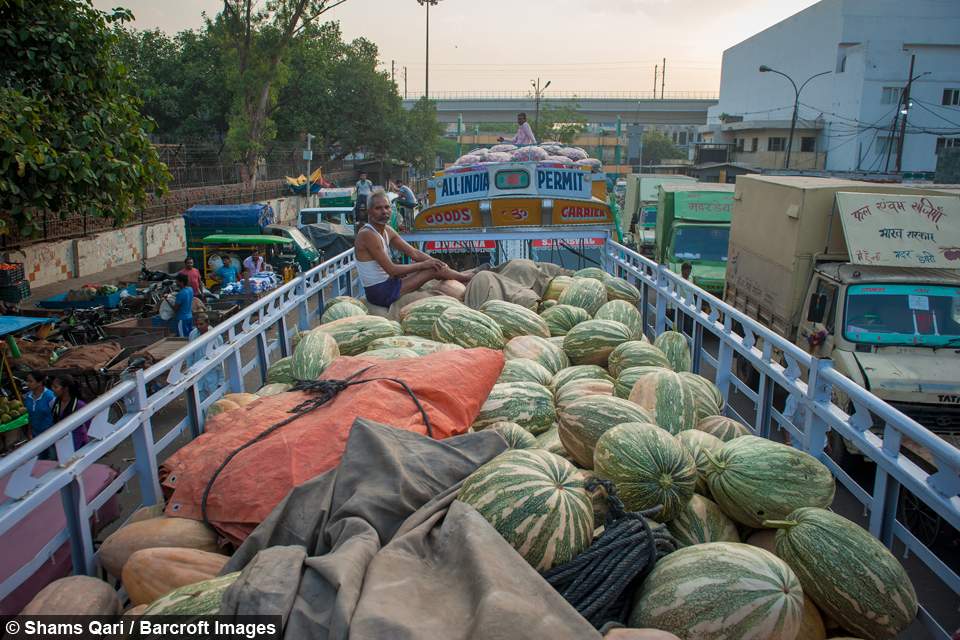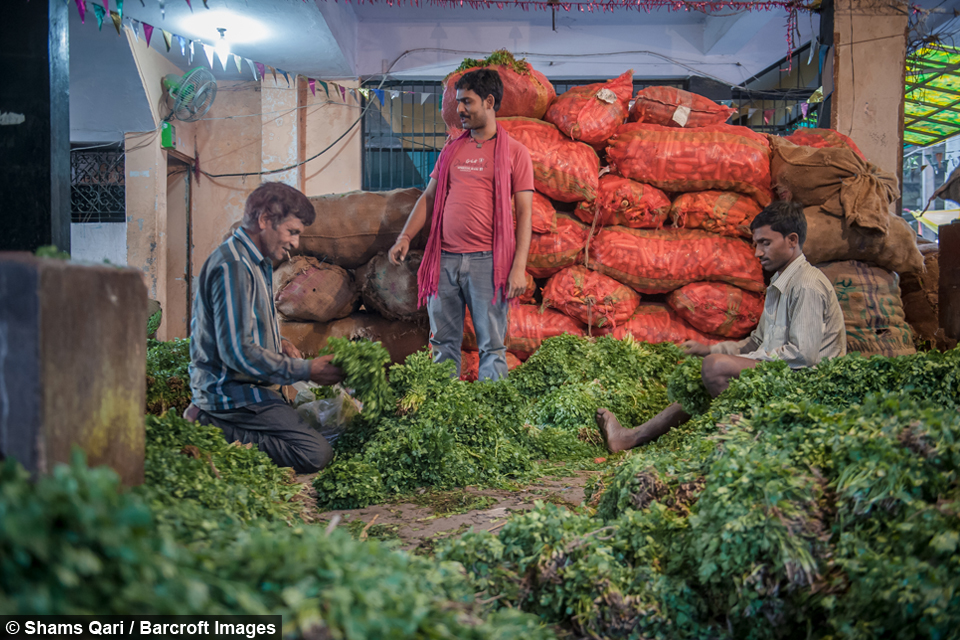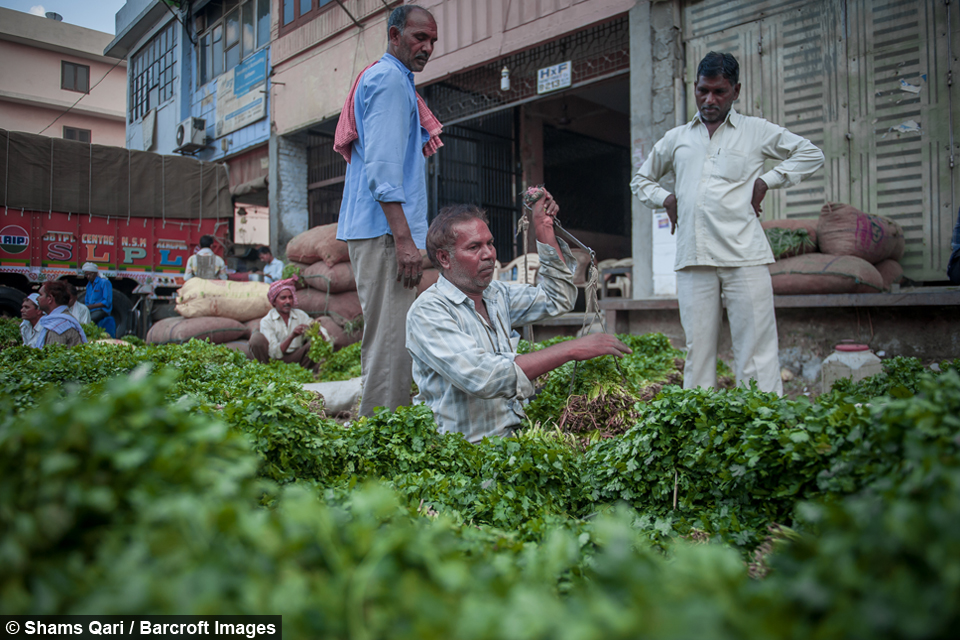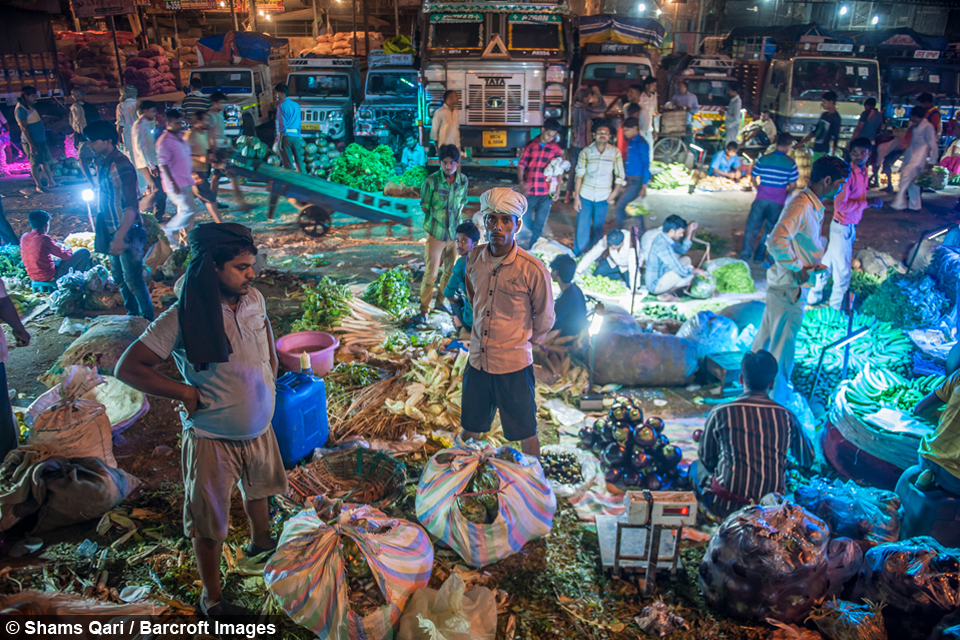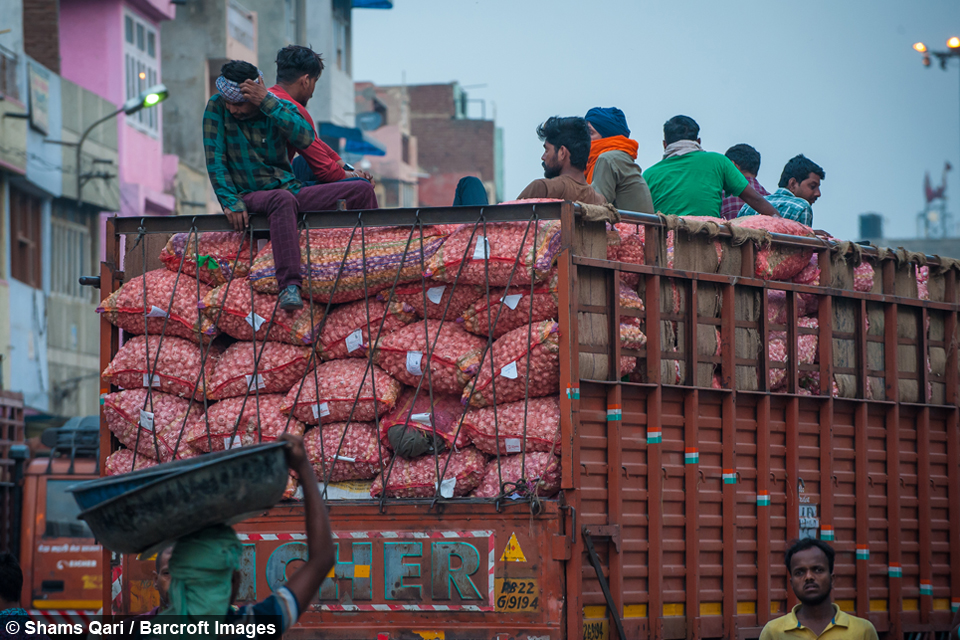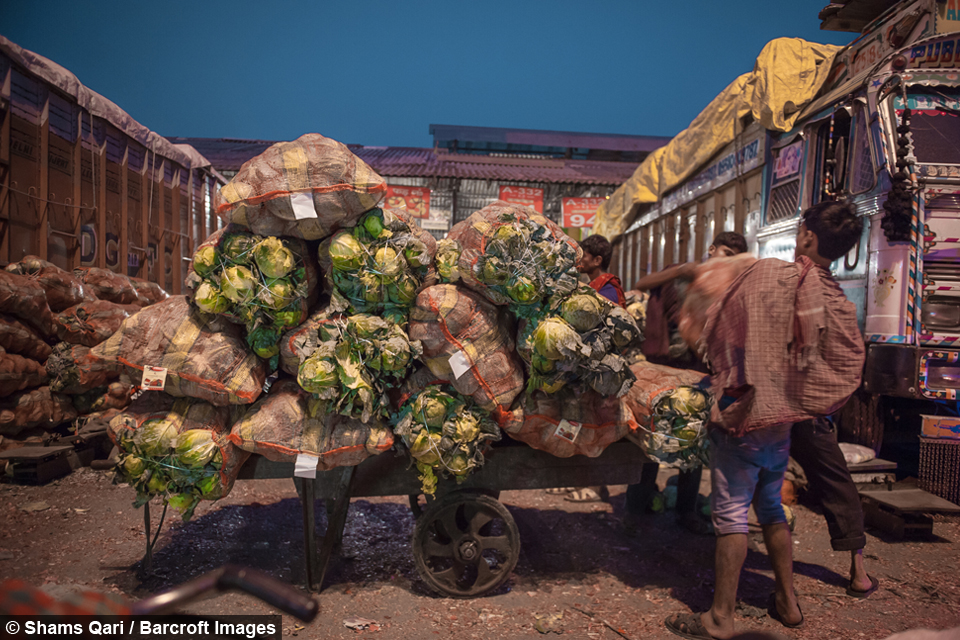Inside Asia’s Largest Fruit And Vegetable Market
By Shams Qari @shamsqari
Scroll down for the full story
Located in the north-west district of Delhi, the business inside the market starts at midnight and continues late in the day until most of the stock is sold.
Everyday, thousand of trucks enter the market starting midnight, bringing the variety of fresh fruits and vegetables from all over the country.
Ved Prakash, a fruit distributor said: “We have an all-time active business running here. We don’t sleep during night as that is when all the fruits and vegetables reach here.”
He added: “Most of the people related to the business come here to buy these fruits and vegetables and later sell them in different parts of the capital.”
Being one of the largest wholesale markets in India, the daily business of about £3.6 million takes place in Azadpur Mandi each day.
Though, the traders claim this has reduced by more than 50% during the period of demonetisation, the business is said to have returned to it’s normal in the past few weeks.
Ashok, a trader said: “It's a round-the-clock market. We start with auctions and once the rates are fixed, transactions and unloading takes place even at night.
“The final rate includes the charges for labour, transport, and commission that we keep while the rest is sent to the farmer.”
Rajeev Bhatia, another trader said: “The business here might look as vibrant and huge but that is far from reality. Most of the middlemen and labourers here do not get paid for months.”
Bhatia also said: “The recent demonetisation which declared the two large currency notes invalid hit the market bad as it did anywhere else in the country. Most of the labourers, who earn anywhere between £4 to £10 a day, have since been in debt.”
The official number of labourers registered is extremely low but hundreds of daily wage workers keep the wholesale market up and running.
As dim as it may look during the night, the market looks colourful as the first light of the day falls over it.
Shiv, a labourer who lives inside the market said: “Labourers are the ones behind all the activity in the market. We live in the godowns and offices with least comfort and start the job as the rates are fixed.”
He said: “From unloading a truck to carrying heavy sacks of fruits and vegetables from one part of the market to other is our daily job. Sometimes we also use cycle carts but that is not always a possibility as the roads remain blocked by trucks.”
The unloading of the fresh production starts as the trucks enter and reach their specific spots inside the market. With nearly 30,000 wholesale merchants, smaller traders and retailers running the business, these fruits and vegetables are distributed throughout the capital and most parts of north India.
